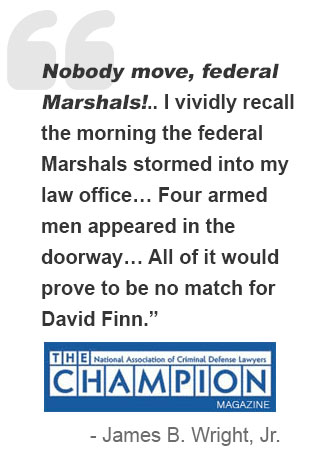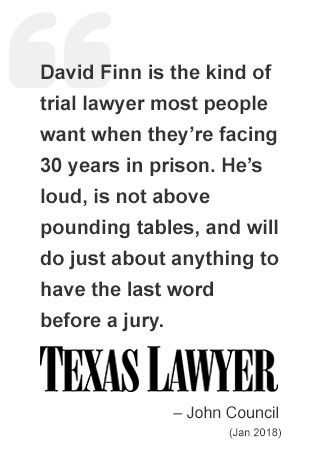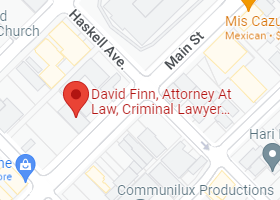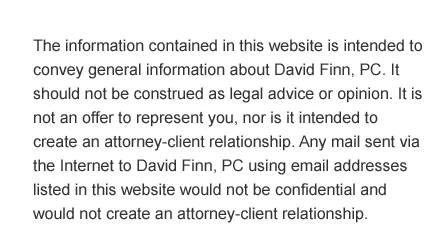


Dallas Driver’s License Suspension Attorney
In Texas, in almost every case where a driver is arrested for driving while intoxicated (DWI) he will have two cases to deal with. First, the DWI arrest obviously results in criminal charges. Secondly, what many drivers do not realize is that their arrest for DWI also leads to an additional case against them, a civil proceeding against their driving privileges. This second case is called an Administrative License Revocation (ALR) proceeding. It is initiated by either a citizen’s refusal to submit to breath or blood testing, or by a citizen’s alleged failure of a breath or blood test.
If a driver either fails or refuses to submit to a breath/blood test, the resulting suspension against his or her driving privileges becomes effective forty (40) days after the driver was asked to provide a breath or blood specimen. If the accused driver wishes to challenge the legality of the proposed license suspension, Texas law provides that the driver may request a hearing, but must do so in writing, within fifteen (15) days of his or her arrest. If a hearing is not requested within the fifteen day deadline, an automatic suspension will become effective on the fortieth day after the test request. Thus, the suspension for failing or refusing a breath or blood test is only “automatic” so long as the driver fails to properly request a hearing to challenge it within fifteen days of being arrested. David Finn routinely requests the ALR hearings on behalf of his clients charged with DWI.
The legal basis for the initiation of the independent suspension proceeding against a driver charged with DWI is found in the Texas Implied Consent Statute (Texas Transportation Code §724). This law basically states that each person who operates a motor vehicle on Texas roadways has impliedly agreed that he or she will provide a breath or blood specimen upon a proper request by a police officer if the driver is ever arrested for DWI and provided with the legal consequences of refusing or failing a breath or blood test. The implied consent statute also applies to operators of watercraft in Texas. The 77th Legislature recently expanded the Texas Implied Consent Statute to include Boating While Intoxicated (BWI) cases. DPS now has the authority to suspend a driver’s license for refusing – but not for failing – to submit to the taking of a specimen a breath or blood test if a person is arrested for an offense involving the operation of a watercraft powered with an engine having a manufacturer’s rating of 50 horsepower or above. Further, Texas Courts have determined that a driver arrested for DWI does NOT have the right to consult with an attorney before deciding whether to submit to a breath or blood test. In most cases where there has been an accident with a fatality or life-threatening injuries, there is simply no choice because in such situations, a driver arrested for DWI can be forced to provide a blood specimen to law enforcement officers.
Despite the fact that a driver arrested for DWI can challenge the imposition of an ALR suspension, many police officers, upon arresting a citizen and requesting a breath specimen, will tell the suspected driver that if she does not agree to take a breath or blood test that her driver’s license will automatically be suspended. This misinformation is typically offered because some officers are simply unaware of what the citizen’s true rights are, or in some cases, to coerce the citizen into providing a specimen of breath or blood when they are otherwise unwilling to do so.
Peace officers are now required to take possession of any Texas license issued by this state and held by the person arrested and issue the person a temporary driving permit that expires on the 41st day after the date of issuance. Note, however, that a request for hearing will stay the suspension and DPS is required to provide the person arrested with documentation to prove in the event they are stopped by a peace officer that their license is not suspended until after the hearing, if at all. If no suspension is imposed at the hearing, DPS is obligated to return the Texas license to the person arrested.
Once a driver or his attorney has made a timely request for an ALR hearing, no suspension may be imposed against him until the Department of Public Safety proves by a preponderance (majority) of the evidence at the hearing, that:
- That there was reasonable suspicion to stop or probable cause to arrest the driver,
- That probable cause existed that the driver was driving or in actual physical control of a motor vehicle in a public place while intoxicated,
- That the driver was placed under arrest and was offered an opportunity to give a specimen of breath or blood after being notified both orally and in writing of the consequences of either refusing or failing a breath or blood test, AND
- That the driver refused to give a specimen on request of the officer, or, that the driver failed a breath or blood test by registering an alcohol concentration of .08 or greater per 100ml of blood or 210 liters of breath.
In addition to protecting one’s driving privilege there exists a stronger reason to request an ALR hearing, and that is to better defend against the DWI charge should the case go to trial. Unfortunately, most drivers do not realize the “discovery” importance of the ALR proceeding to their criminal charges, and do not consult with an attorney or request a live hearing to challenge the suspension within the fifteen-day window. The importance of having a hearing to challenge your ALR case, however, is twofold. First, despite what the Texas Department of Public Safety would have many drivers believe, with the assistance of a knowledgeable and skilled defense attorney, some drivers are able to properly avoid a suspension after being arrested. More importantly, however, is the fact that in most cases, by challenging your license suspension you are providing your attorney with an opportunity to subpoena your arresting officers to the ALR hearing (which takes place in a different courthouse than the criminal case, with a different prosecutor and a different judge) and question the officers or other witnesses at length about specific details surrounding your arrest. This discovery information obtained through the ALR process can be invaluable to a citizen’s defense, and is often the deciding factor in determining whether the related DWI charges will be taken to trial or will be won at trial. The importance of this point can not be overemphasized.
If a citizen fails to challenge an ALR suspension, or is unsuccessful after a hearing, the Texas Legislature recently increased the scope and length of the suspension imposed for adults and minors alike:
Failure Case (Trans. Code §524.022 (a) (1-2))
- 90 days with no alcohol or drug related “enforcement contacts” listed on driving record within ten years prior to date of the offense.
- One year with 1 or more alcohol or drug related “enforcement contacts” listed on driving record prior to date of offense within ten years of date of the offense. Again, it no longer matters whether the enforcement contact is due to a previous ALR suspension or an alcohol/drug related conviction.
Refusal Case (Trans. Code §724.035 (a-b))
- 180 days with no alcohol or drug related “enforcement contacts” listed on driving record within ten years prior to date of the offense.
- Two years with 1 or more alcohol or drug related “enforcement contacts” listed on driving record prior to date of offense within ten years of date of the offense. Again, it no longer matters whether the enforcement contact is due to a previous ALR suspension or an alcohol/drug related conviction.
- If the person who refuses is a resident without a license, an order will be issued denying the issuance of a license to the person for 180 days.
A driver who suffers an ALR suspension, either automatically or after a hearing, must submit a reinstatement fee of $125.00 to the Texas Department of Public Safety along with a special DPS form before driving privileges will be reinstated, regardless of when the suspension period is scheduled to terminate or the license will not be reinstated. Although this subject is presently under review by the Texas courts of appeals, the prevailing DPS policy is to maintain a driver’s suspension indefinitely until the $125.00 reinstatement fee has been received and posted to the DPS computer system.
Consequently, because driving is not only an important privilege, but also, a necessity of life, Attorney David Finn recommends that arrested drivers always request an ALR hearing and retain the services of a skilled lawyer to protect their license as well as their good name.
Phone Numbers
Office: (214) 538-6629







